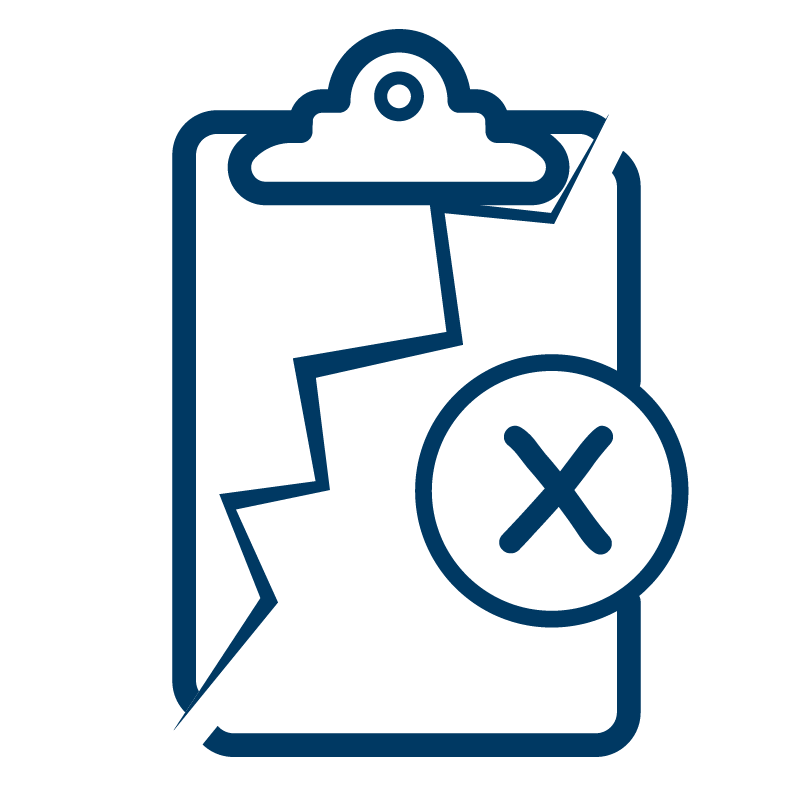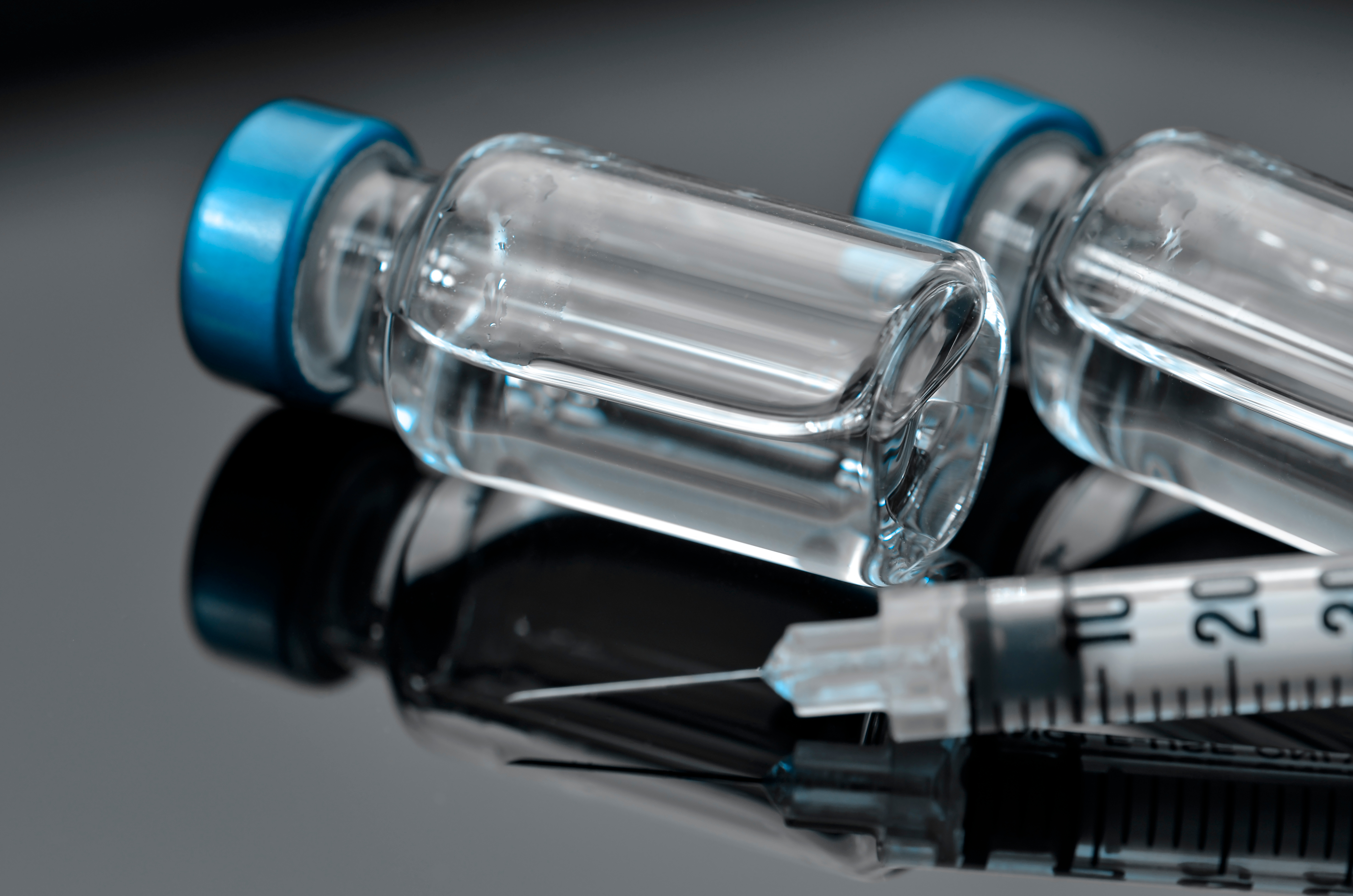Consequences of Doping
 We know that the majority of athletes are clean and abide by the Anti-Doping Rules. We work hard to help protect your reputation and sporting achievements.
We know that the majority of athletes are clean and abide by the Anti-Doping Rules. We work hard to help protect your reputation and sporting achievements.
We also know that some athletes will choose to cheat - and we work hard to detect doping behaviour and remove those doing so from sport.
We also know that some athletes may be more vulnerable to succumbing to the pressures of doping.
Remember, not knowing is not an excuse - and there is limited sympathy for carelessness in anti-doping.
If you’re found doping and face a ban from sport, that is only the beginning. The consequences of doping to your health, psychological and mental wellbeing - as well as the social and financial consequences - are far-reaching and damaging.
The facts - what you need to know
For Anti-Doping Rule Violations of presence or use of a prohibited substance, the basic rules are as follows:
- If you intended to cheat, whatever the substance, the period of ineligibility is four years
- Otherwise, it is two years – unless you can show you had no significant fault or negligence, in which case ineligibility may be reduced by up to a maximum of one year (that is, to a minimum ineligibility of one year)
- If the violation involved a specified substance or a contaminated product, and you can demonstrate you had no significant fault, ineligibility may range from two years to a reprimand (depending on your level of fault)
- If you can show you had no fault or negligence, the period of ineligibility may be eliminated entirely, resulting in no ban from sport
You should also be aware that multiple Anti-Doping Rule Violations, or the presence of multiple substances may increase the sanction you face beyond four years.
For some Anti-Doping Rule Violations the penalty can be a life ban from sport.
What that means for you
It is not simply the detection of a banned substance in a sample that can result in an Anti-Doping Rule Violation (ADRV). There are 11 ADRVs that can result in a sanction, and these are not only applicable to athletes, seven also apply to a coach or athlete support personnel.
If you believe you have inadvertently doped then you must be able to prove that fact, demonstrating that you were either not at fault or intending to cheat. That is not always easy to do.
There is also a potential for a reduced sanction if an athlete (or other person charged) admits guilt promptly following an ADRV, or provides useful and reliable information which results in UKAD (or any other Anti-Doping Organisation) discovering or bringing forward an ADRV by any other person. This is known as 'substantial assistance'.
What you should do
- Make sure you stay up to date with anti-doping matters to prevent inadvertent doping and keep records of any enquiries you make about any supplements you may take.
- Seek help when you feel under pressure or unable to cope with the demands of training and competing – there are always alternatives to doping that will not damage your health, reputation and sporting career
- Develop your resilience over your sporting career - working with your coach, wider support team, parents and other athletes
- Remember that the majority of athletes are clean – doping athletes are not the majority
Where to go for further advice
If you require support in dealing with an Anti-Doping Rule Violation, organisations such as the British Elite Athletes Association may be able to assist you.

